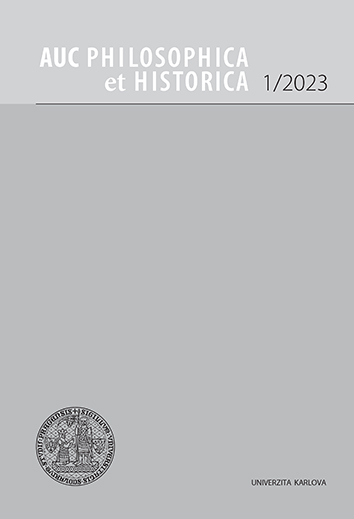AUC Philosophica et Historica je víceoborový akademický časopis zaměřený na humanitní a společenskovědné obory (filozofie, psychologie, pedagogika, sociologie, obecné, české a hospodářské dějiny, pomocné vědy historické a archivnictví, etnologie).
Časopis je indexován v databázích CEEOL, DOAJ a EBSCO.
AUC PHILOSOPHICA ET HISTORICA, Vol 1997 No 4 (2000), 51–68
Sociologie globalizace: problémy a přístupy
[The Sociology of Globalization: problems and perspectives]
Oleg Suša
DOI: https://doi.org/10.14712/24647055.2018.50
zveřejněno: 12. 01. 2018
Abstract
Globalisation is a term that covers a whole huge complex of contemporary social processes, economic, technological, environmental, political and cultural. The article identifies different models of explanation within the framework of recent models of globalisation each based on definite images reflecting the inter-relationships of these economic, environmental, technological, social, political and cultural components. At the same time, the author tries to show how the main current theories and analyses of globalisation describe and interpret its causes, forces, actors and consequences. The main purpose of this exposition is to demonstrate that despite the variety of analytical and interpretative schemes put forward, it is evident that: I. the dominant view within contemporary social science is one of criticism of the consequences of globalization processes (that allegedly create imbalances between non-political and political action, conflict, competition and co-operation, or order, disorder and chaos etc.) for societies, nation states, people and their cultural and natural environments (life spaces . 2 sociological thought is facing important changes in its key categories and concepts of the „social“, „society“, „modernity“ or „development“ as it strives for a more adequate understanding of both the time and space dimensions of social action that produces new disparities, exclusions and inequalities in the context of both old and new global problems. The central issue is the problematization of life space.
